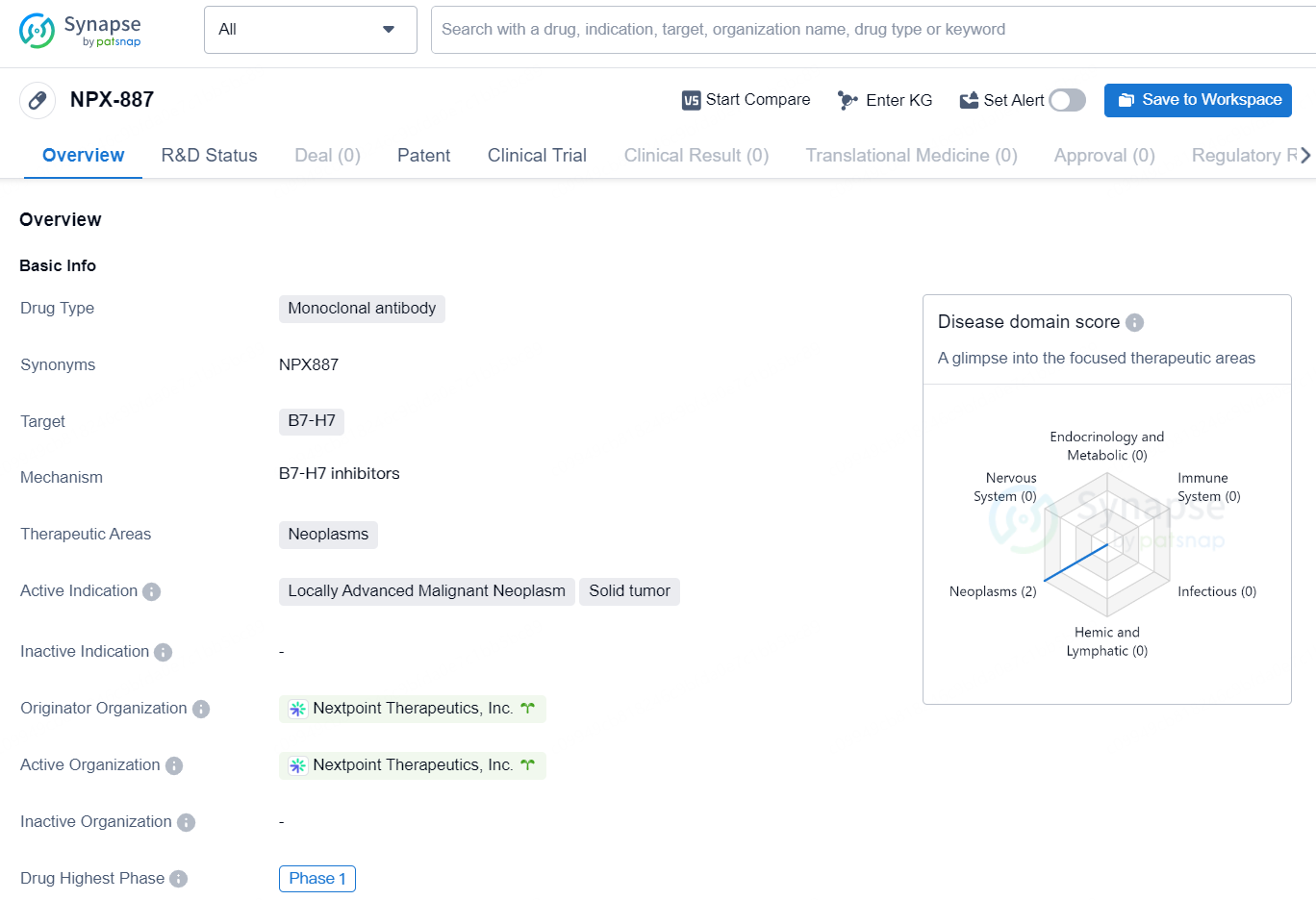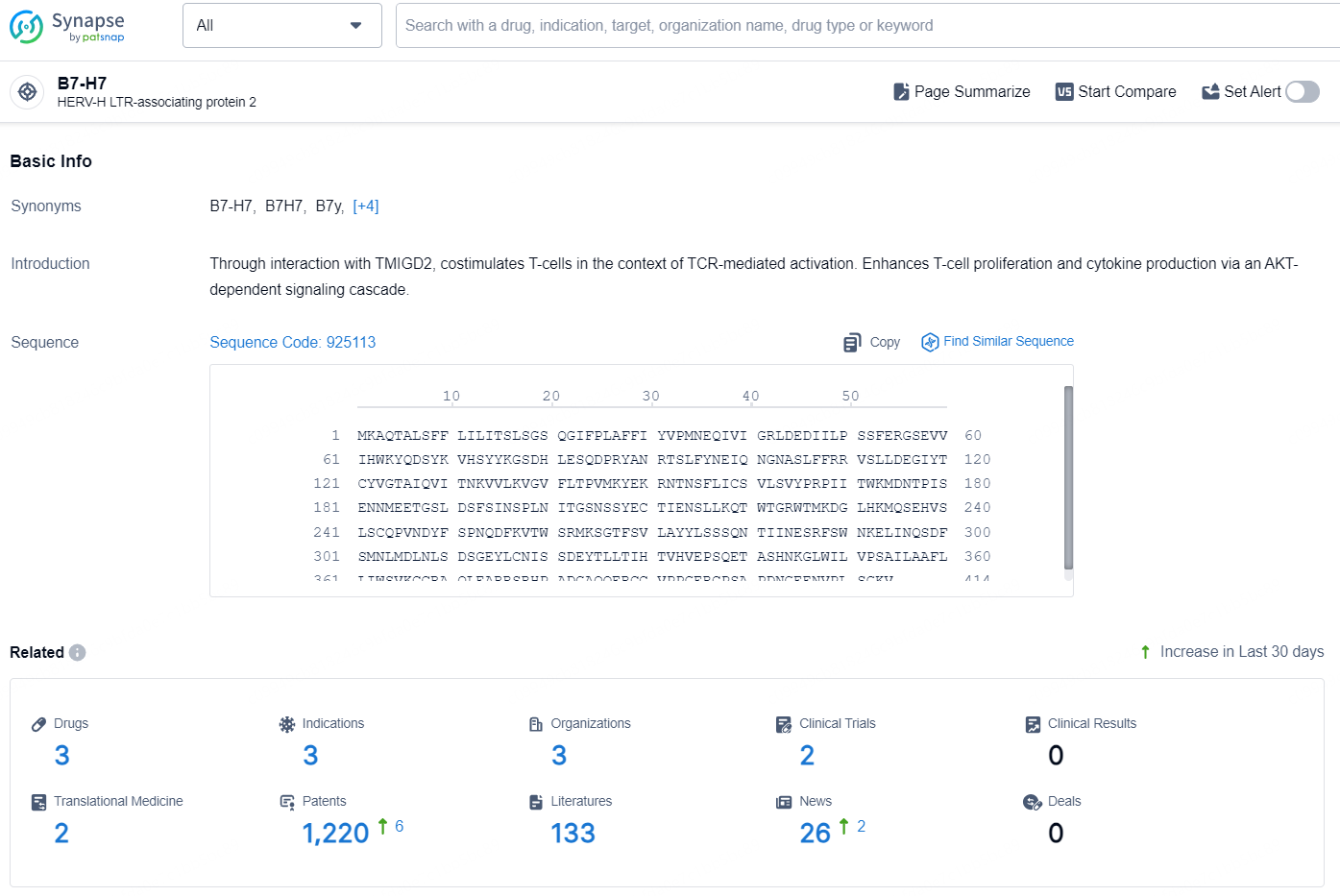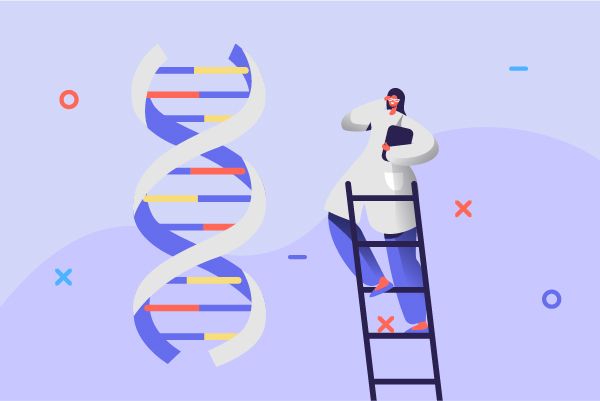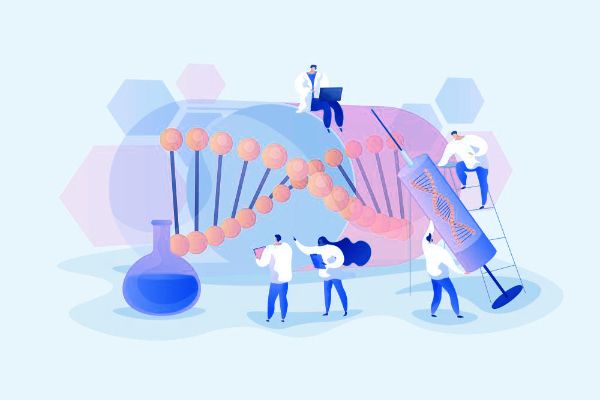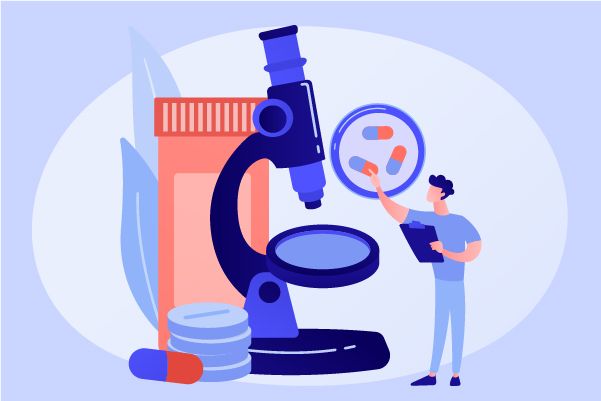NextPoint Therapeutics Unveils NPX372, a New T Cell Engager Targeting B7-H7 in Solid Tumors
NextPoint Therapeutics, a biotechnology firm at the clinical stage creating a new generation of precision immuno-oncology and tumor-specific treatments aimed at the innovative B7-H7 axis, has announced NPX372, a groundbreaking T cell engager. NPX372 broadens NextPoint’s multifaceted focus on the burgeoning B7-H7 axis in oncology treatment.
👇Explore more about this drug by clicking the image below. Gain detailed insights into its R&D Status, Core Patent, Clinical Trials and Global Approval Status. Stay informed and updated.
B7-H7, also referred to as HHLA2, is an emerging immunomodulatory receptor that is upregulated in a range of solid tumor types such as colorectal carcinoma, non-small cell lung cancer, renal cell carcinoma, prostate cancer, among others. Importantly, the expression of this receptor is independent of PD-L1 as well as other B7 family members. In contrast to other B7 protein family members that are broadly expressed across many cell types, B7-H7 is predominantly found on the epithelial cells within tumors, providing a unique and potentially tumor-specific target for therapeutic interventions.
"The utilization of T cell engagers has demonstrated significant promise, however, their effectiveness in solid tumors has been a substantial challenge. NPX372 marks a considerable progression, aiming to reprogram T cell-mediated immunity with high precision by modulating essential biological components, thereby potentially offering more effective monotherapy solutions for various solid tumors," stated Tatiana Novobrantseva, PhD, Chief Scientific Officer of NextPoint Therapeutics.
NPX372 is a CD3 bispecific antibody uniquely capable of redirecting T cell-mediated cytotoxicity to B7-H7-positive tumors. Besides engaging with CD3, this antibody targets the B7-H7 immune axis to enhance efficacy. Preclinical data reveal that NPX372 elicits powerful anti-tumor effects and exhibits a favorable safety profile at clinically relevant doses without signs of cytokine release syndrome. This promising agent is part of NextPoint’s diverse immunotherapy portfolio targeting various tumor types. The company is swiftly progressing the Investigational New Drug (IND) application for NPX372.
"NPX372 is a significant leap forward in our efforts to achieve precision immunotherapy," commented Ivan Cheung, CEO of NextPoint Therapeutics. "As an extension of our ongoing immune checkpoint clinical initiatives, NPX267 and NPX887, we have created a clinical biomarker for B7-H7 expression. This enables us to pinpoint patients with different types of tumors who may benefit from a highly potent T cell engager like NPX372. This precision medicine strategy allows us to potentially tackle B7-H7 expressing solid tumors, customizing treatments for those most likely to respond. Our in-depth knowledge of B7-H7 biology informs our leadership in developing innovative, transformative cancer therapies aimed at making a difference in patients' lives."
👇Explore the most recent advancements in drug research, indications, organizations, clinical trials, results, and patents related to this target by clicking the image link below. Dive in to gain deeper insights!
According to the data provided by the Synapse Database, As of September 9, 2024, there are 3 investigational drugs for the B7-H7 target, including 3 indications, 3 R&D institutions involved, with related clinical trials reaching 2, and as many as 1220 patents.
The drug NPX-887 is a monoclonal antibody developed by Nextpoint Therapeutics, Inc. It targets B7-H7 and is intended for use in the treatment of neoplasms, specifically locally advanced malignant neoplasms and solid tumors. Currently, the drug is in the highest phase of global development, which is Phase 1. As a monoclonal antibody, NPX-887 is designed to specifically target and bind to B7-H7, a protein that is believed to play a role in the development and progression of certain types of cancer. By targeting this protein, the drug aims to disrupt the function of B7-H7 and potentially inhibit the growth of neoplastic cells.
